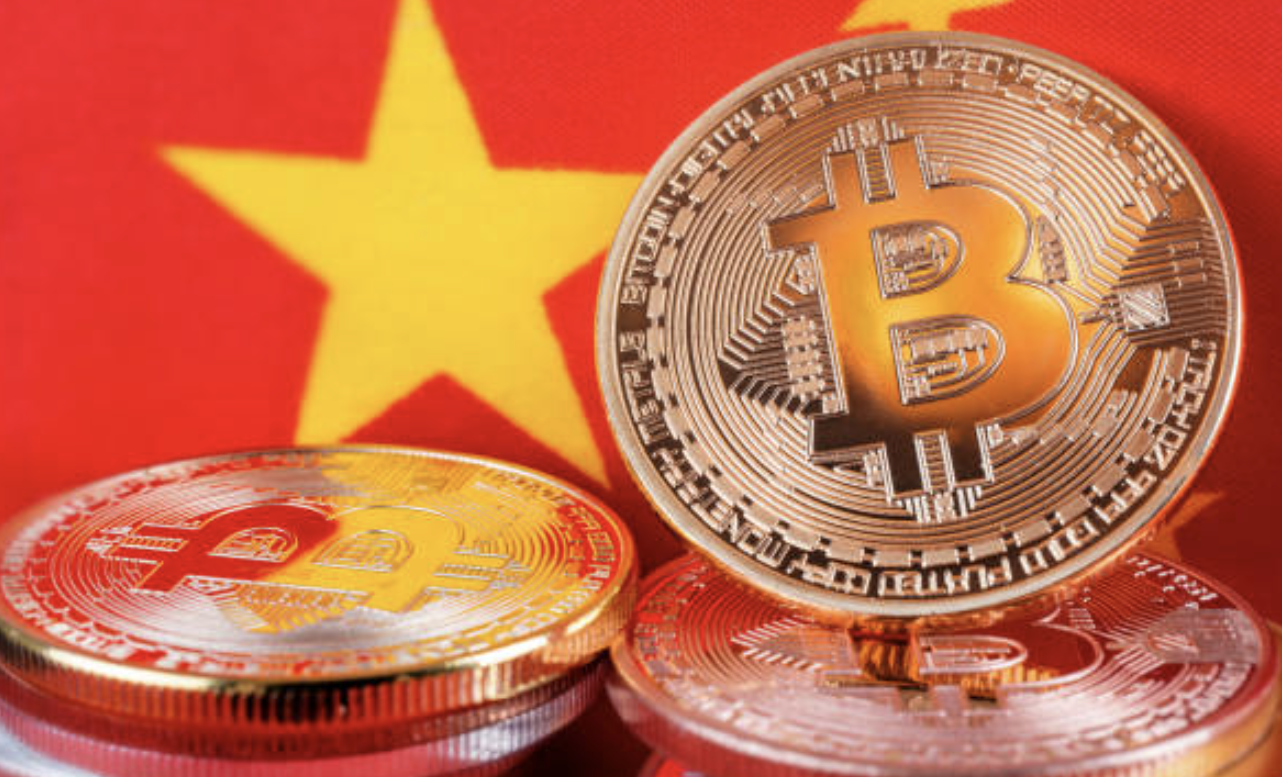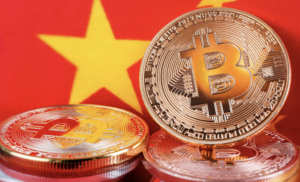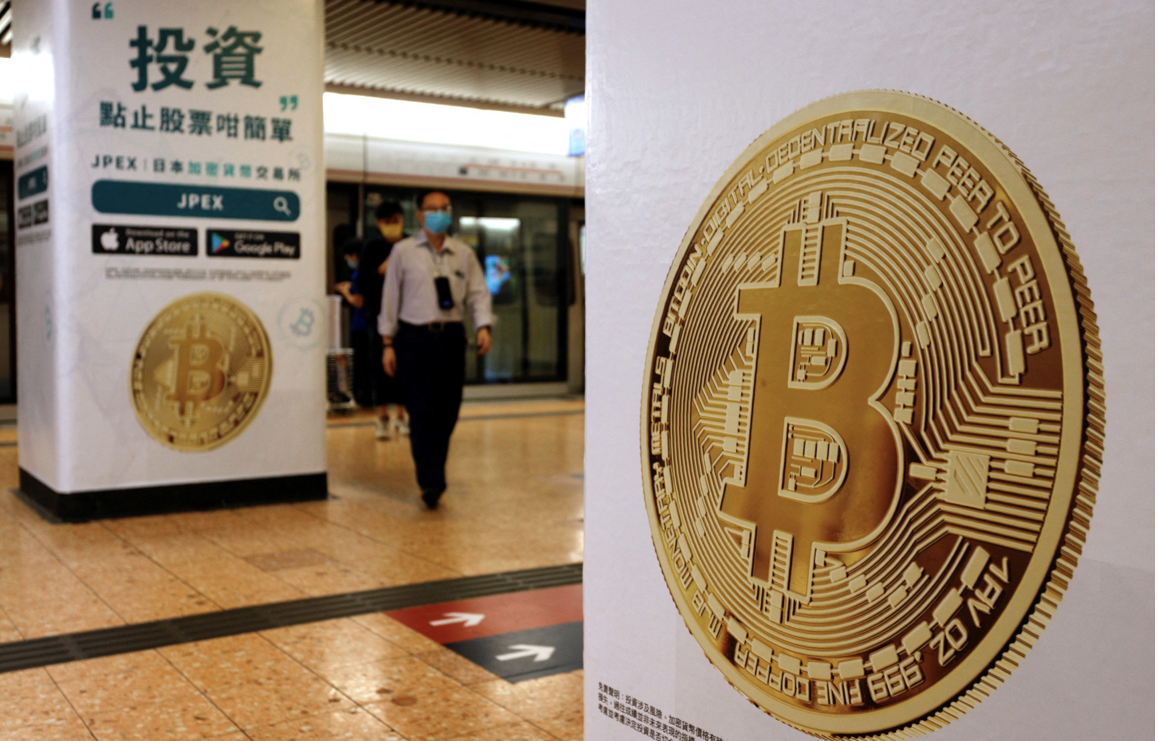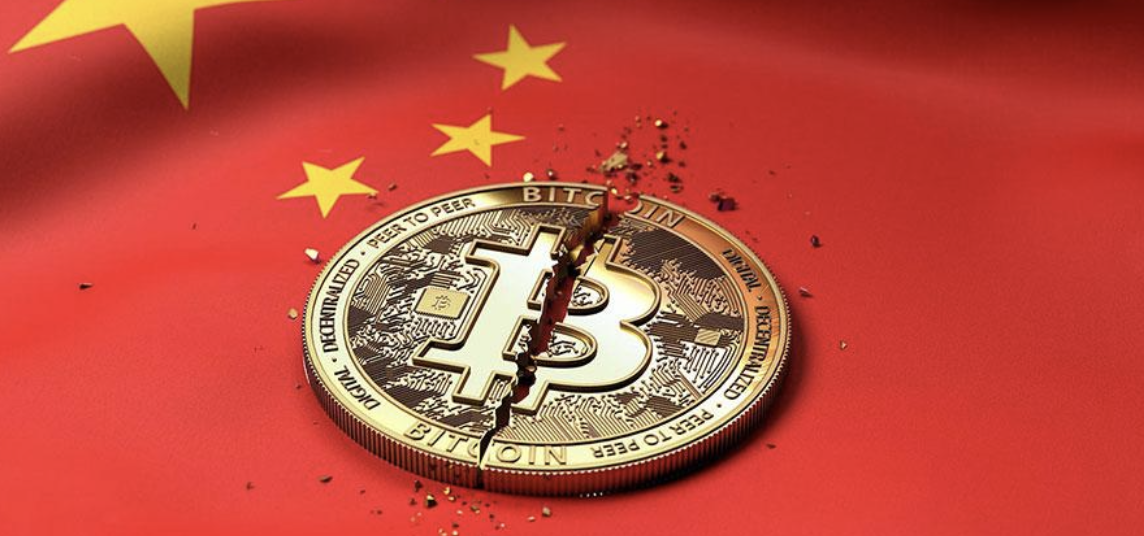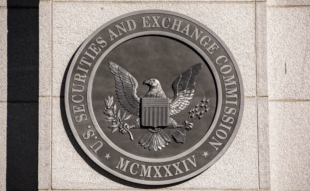Join Our Telegram channel to stay up to date on breaking news coverage
Hong Kong’s recent approval of digital asset trading raises questions about China’s stance on cryptocurrencies. While some speculate China’s warming up, expert Sean Lee dismisses the notion. Hong Kong’s regulatory decision serves as an experiment, but China isn’t ready to fully embrace crypto yet.
Exploring Hong Kong’s Role in Cryptocurrency – China’s Stance and the Expert Perspective
Hong Kong recently approved digital asset trading for individual investors, seemingly aiming to become a center for cryptocurrency activity. This development raises the question of whether China, a country known for its tough stance on cryptocurrencies, has altered its course and embraced Web3 and Bitcoin.
However, one expert strongly disputes this notion. Sean Lee, Co-Founder of Odsy Network and a senior advisor at the Crypto Council for Innovation, expressed skepticism regarding China’s intentions.
He dismisses the idea that China is warming up to cryptocurrencies, describing it as unfounded speculation. He also asserts that a recent local government whitepaper on Web3 is not indicative of China’s inclination towards crypto-friendly policies.
Hong Kong has introduced strict regulations requiring crypto companies to comply with and register under the Securities and Futures Commission (SFC).
Some, including Justin Sun, an advisor to Huobi and a notable figure in the crypto industry, suggest that China will also open up to digital assets given its influence over Hong Kong. However, it is essential to note that China implemented some of the world’s strictest regulations on cryptocurrencies, banning digital asset trading and mining in 2021.
Lee recognizes that the recent policy that Hong Kong implemented serves as an experimental platform for China. However, but he stresses that people should not interpret it as a signal of China’s direct embrace or endorsement of cryptocurrencies. Instead, he views Hong Kong as a controlled environment where China can assess and explore innovative strategies and methodologies.
Lee believes that Hong Kong’s regulatory decision benefits the city itself and the continent as a whole by attracting cryptocurrency investments. He highlights that the primary goal is not retail investors but rather the involvement of institutional players. If significant entities develop products that can be sold to retail investors, it has the potential to revolutionize the landscape.
Is China Embracing Crypto Amidst Rising Speculation?
Adding to the speculation of a potential crypto resurgence in China, the Beijing Municipal Science and Technology Commission and the Zhongguancun Science and Technology Park Management Committee released a white paper on Web3 technologies.
This report seemingly indicates at least some level of support for blockchain-related companies ahead of Hong Kong’s new policy implementation. Changpeng “CZ” Zhao, CEO of the largest crypto exchange, Binance, shared the white paper on Twitter, highlighting the interesting timing.
Mark Connors, head of research at 3iQ, suggests that China may be pulled toward crypto rather than proactively pushing for it. He states that China seeks new revenue streams to address its debts. Embracing crypto trading would provide such an opportunity, albeit with increased variability and volatility due to the influx of retail traders, leading to higher liquidity.
China, renowned for its stringent economic regulations, could potentially introduce a crypto exchange under state control – Connor speculates.
The relationship between China’s government and decentralized blockchains is uncertain. Connors draws an analogy. He likens it to a democratic exercise, where everyone shares a non-state asset, and its flow cannot be controlled as seamlessly as traditional physical infrastructure.
The change in Hong Kong’s tone is good news for entrepreneurs and business leaders seeking opportunities in China. Leo Mizuhara, CEO of Hashnote, an institutional management platform for digital assets, expresses interest in expanding his company’s presence in Asia due to the sizable market potential and increasing regulatory hostility in the US.
Despite concerns about the risks associated with doing business in China, such as navigating strict capital controls and potential intellectual property concessions to the government, Mizuhara is seriously considering the move as the level of uncertainty in the US becomes increasingly challenging to manage.
As Hong Kong’s approach to cryptocurrencies evolves and potentially influences China’s stance, the impact on both regional and global financial landscapes will become visible soon. The interplay between different countries and their regulatory frameworks will undoubtedly shape the future of cryptocurrencies and their acceptance on a broader scale.
Related Articles
- Binance Review
- Best Cryptos to Buy
- Hong Kong’s Cryptocurrency Guidelines – Reinforcing Financial Hub Status Amidst Challenges
Best Wallet - Diversify Your Crypto Portfolio
- Easy to Use, Feature-Driven Crypto Wallet
- Get Early Access to Upcoming Token ICOs
- Multi-Chain, Multi-Wallet, Non-Custodial
- Now On App Store, Google Play
- Stake To Earn Native Token $BEST
- 250,000+ Monthly Active Users
Join Our Telegram channel to stay up to date on breaking news coverage
